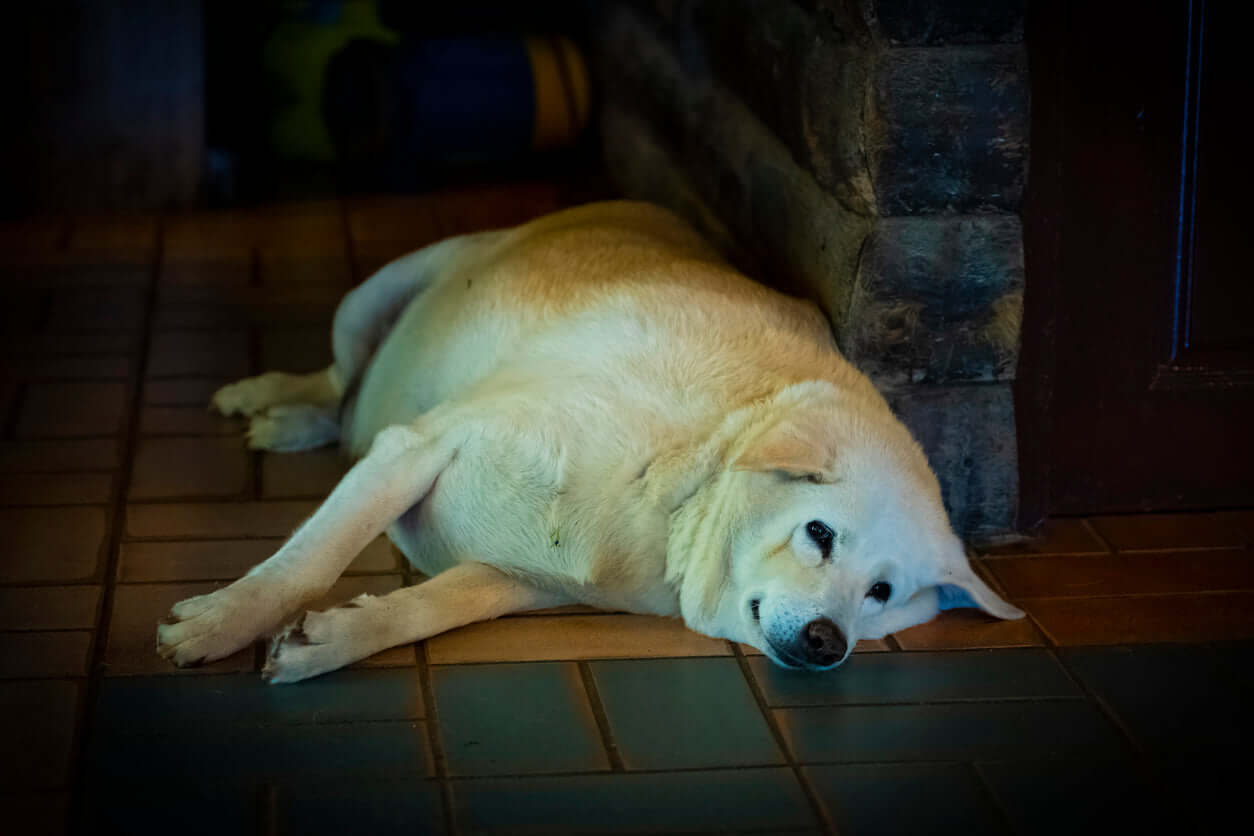
Is My Pet Obese?
It’s a big part of our culture to express our love to family and friends by offering generous amounts of foods to them at every possible occasion. It is said, that the way to the heart is through the stomach and sometimes, when it comes to our beloved pets, we tend to follow the same traditions: A snack here, a little piece of chicken there... we all know how it goes. This is often paired with a lack of work-out, especially in a city like Beirut, that is not dog-friendly and has no parks in which our dogs can play and run. Also inside-cats barely live a very active life and are therefore easily over-fed. Many people find nothing worrisome and even something cute in their pets having “a little extra”, but truth is, that just as for people, obesity can lead to serious health complications, including diabetes, arthritis, heart disease and certain types of cancer.
-
Is my pet obese? To determine if your pet weighs too much, you can use this condition score. Comparing your pet to the pictures, it should resemble one of the pets in the middle and not below (too skinny!) or above.(too fat!) You can also simply stand above your pet and look down on them. The ribs should not be visible but you should be able to feel them. If you barely feel them, when you put your hand on the sides of their chest, it means your pet has too much weight.
-
Why did my pet gain all this weight? The common cause for obesity is a combination of free-feeding, boredom and not enough exercise. While we often like to joke about our pets greediness when it comes to food consumption, it is in the end us being responsible for leaving a big bowl of kibble available all day and cutting the half-hour walk down to a five-minute parking lot potty break. Although dogs of any breed (or mix) can be overweight, research shows that dogs of certain breeds are more likely to being overweight than others, which suggests a genetic component. These breeds include Cocker Spaniels, Labrador and Golden Retrievers, Basset Hounds, Shetland Sheepdogs, and Dachshunds.
-
What can I do about it? If you believe that your dog or cat is overweight, a visit to the veterinarian is advisable in order to know how many pounds exactly your pet should lose for an optimal, healthy weight. Most likely, the veterinarian will guide you throughout a schedule that includes healthier and less fattening dry-food, and of course, more exercise for your pets. Also, in case you notice your pet to be obese but have no idea why, observe and try to write down, what they are eating on a daily basis. Maybe you underestimated the amount of food or possibly several family members are feeding the pet simultaneously without noticing. Generally, when trying to reduce your pet’s weight, it is important that you decrease your pet’s food intake and increase its’ exercise, both gradually. A dog should at least be walked 45 minutes a day, but of course the more, the better. If there is poison in your neighborhood or the weather doesn’t allow a long walk, go for long game of inside-fetch or use the stairs to exercise your pet. On the weekends a long walk (or even a hike) can keep both your dog and yourself in great health. Meanwhile, it is without a doubt harder to force cats to exercise. Play more with them if you can with kitty toys or a laser pointer, for example. But recognize that cats are at their most active when the sun is rising or setting, so, if possible, use these hours to engage them in playing. The younger the age, the better it is to start a diet that could probably extend your pet’s lifespan and avoid all the physical issues that grows out as your pet ages.
Sources: http://www.petmd.com/dog/nutrition/evr_multi_is_my_pet_fat_overweight http://petobesityprevention.org/

Leave a comment